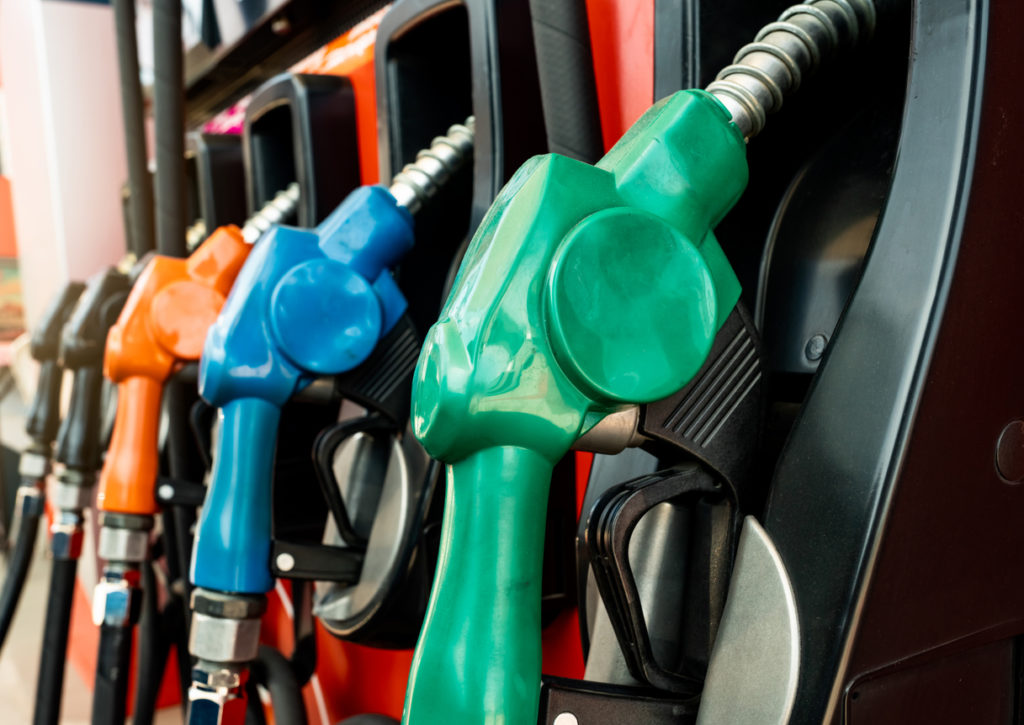
In the world of fuel choices, there has been a lot of debate surrounding whether premium gasoline is worth the extra cost, or if regular gasoline will suffice for your vehicle. To understand the difference between premium and regular gasoline, we need to delve a bit deeper into their composition, as Progressive did here.
Gasoline’s Makeup and Price
First, it is vital to understand that gasoline is made up of hydrocarbons that come from crude oil. These constituents include isomers, aromatics, and olefins. Octane is a property of gasoline that allows it to resist detonation, which is the uncontrolled explosion of fuel in the engine. The higher the octane, the more resistant the fuel is to detonation. When looking at the price difference between premium and regular gasoline, the most significant factor is their octane rating. Premium gasoline usually has an octane rating of 91 or higher, while regular gasoline has an octane rating of 87. This higher octane rating in premium gasoline guarantees higher performance, engine protection, and increased fuel efficiency. One of the most significant differences between premium and regular gasoline is the cost. Premium gasoline can be more expensive, sometimes up to 50 cents more per gallon than regular gasoline. This extra cost can add up over time, especially for drivers with long commutes who fill up their gas tanks often.
Matching Your Needs
Engines require fuel that matches their compression ratio to function correctly. The higher compression ratio in some engines means that regular gasoline may not be sufficient, leading to engine knocking or pinging, which can cause serious damage to the engine. Engine knocking occurs when fuel ignites spontaneously, leading to erratic combustion that could cause the engine to produce less power. It is essential to note that whether your engine runs on premium or regular gasoline depends on several factors. If your car’s manufacturer specifies that it can only run on premium gasoline, using regular gasoline could cause significant engine damage. Some vehicles are designed to accept regular gasoline, and engine knocking or pinging is rarely a problem.
Environmental Impact
Another difference between the two fuels is their environmental impact. While gasoline, in general, is not necessarily the most environmentally sound source of energy, some gasoline blends could be more harmful than others. Nitrogen oxides and other pollutants found in the environment result from uncontrolled engine combustion, which can be less frequent when using premium gasoline. Premium gasoline’s higher octane rating renders it less prone to engine knock-off, thereby reducing emissions and helping the environment.
You Might Also Like: Throw Your Grad The Best Graduation Party
Know Before You Buy
Standard gasoline’s primary disadvantage is its lower octane rating, which can lead to engine damage and lower performance. On the other hand, premium gasoline, because of its higher octane rating, offers improved engine protection, increased fuel efficiency, and performance that befits the cost. Choosing between premium and regular gasoline largely depends on your car’s specifications, driving style, and environmental preferences. Here at Berglund Automotive, our expert sales staff can guide you through questions about what kind of fuel is right for your new vehicle. Come see us today!
Disclaimer: The stock image is being used for illustrative purposes only, and it is not a direct representation of the business, recipe, or activity listed. Any person depicted in the stock image is a model.
